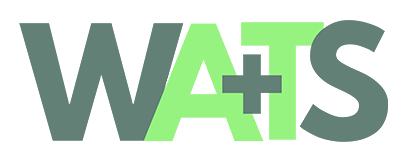How a New York City airport terminal used WATS to identify recycling invoice errors and cut costs
AIRPORT CASE STUDY
An airport terminal used WATS to review its waste and recycling invoices. What began as a standard audit turned into a high-impact discovery: recycling errors were costing the airport thousands.
Within one quarter, invoice corrections led to $10,000 in immediate savings and a projected $40,000 in annual savings going forward.
“WATS helped us spot errors we didn’t know we were making. What started as a routine check turned into a real financial win.”
— Manager, Environmental Compliance& Sustainability, NYC Airport Terminal
$10K
Immediate cost savings
$40K
Projected annual savings
BUSINESS TYPE
Airport terminal facility management
BUSINESS DETAILS
Waste and recycling data oversight across airport operations
Challenge
WATS identified potential recycling invoice mistakes in the airport terminal’s 2025 waste invoices, raising concerns about billing accuracy and overall operational efficiency. Without a centralized way to verify invoice data, small errors could compound, leading to unnecessary costs and missed opportunities for better recycling oversight.
Solution
WATS conducted a detailed review of 2025 waste invoices, flagging discrepancies in recycling charges and highlighting gaps in the existing review process. The platform enabled the airport to:
Identify and correct invoice errors
Validate recycling data against actual operations
Lay the groundwork for more reliable ongoing cost management
Results
$10,000 in confirmed savings from one quarter of corrected invoices.
$40,000 in projected annual savings based on recurring patterns
Improved data transparency and confidence in vendor billing
Strengthened collaboration with WATS to support future audits and operational improvements


